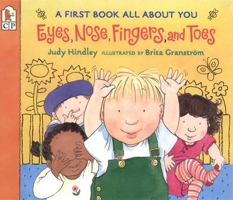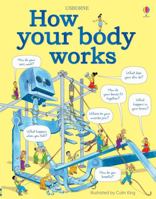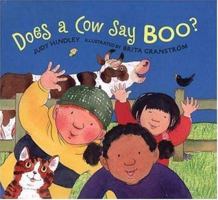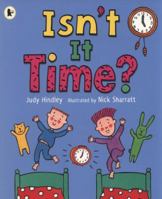Psychoanalytic Explorations in Music (Applied Psychoanalysis Monograph Series)
Select Format
Select Condition 
More by Judy Hindley
Book Overview
No Synopsis Available.
Format:Hardcover
Language:English
ISBN:0823644073
ISBN13:9780823644070
Release Date:December 1990
Publisher:International Universities Press
Length:525 Pages
Weight:2.00 lbs.
Customer Reviews
5 customer ratings | 4 reviews
Rated 4 starsGood step by step creation guide
By Thriftbooks.com User,
I didn't find this book to great when it came to the listing of amulets and related information. On the other hand, its step by step interactions for their material creation is very much worth it. If you combine this book with one on solid amulet creation (in a spiritual sense) then your set.
0Report
Rated 4 starsGreat
By Thriftbooks.com User,
I thought that the book was very tasteful, but since I am not one for long discriptions, I will just say this: Buy it, it will grow on you, it is for anyone who has some free time and wants something to do...
0Report












































